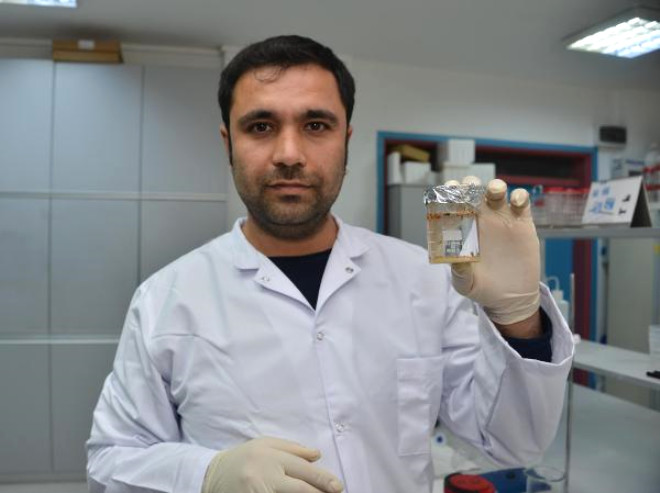IF THE CURRENT TREND CONTINUES WE CAN SEE MORE PLASTIC IN THE SEA THAN FISH...
If the current trend continues and 1 billion tons of plastic are produced annually by 2050, the world will be facing a very serious public health and waste problem, according to an expert on plastic waste.
"We could see more plastic in the sea than fish. Lands could be filled with abandoned mountains of plastic garbage," Sedat Gündoğdu, a sea waste and microplastics expert at Turkey's Çukurova University, told Anadolu Agency (AA).
Gündoğdu said plastics can be divided into macroplastics, microplastics and nanoplastics, with the latter in particular extremely difficult to identify, affecting people through the contamination of the food chain.
"Macroplastics are also the main source of microplastics and nanoplastics. While getting tangled in macroplastics could lead to animals being amputated, marine species, for example, can suffocate and die from plastic ingestion. Plastics are a threat to all living creatures, including the smallest species," he added.

Gündoğdu said turtles in particular tend to suffer serious injuries that lead to the amputation of their limbs because they get caught in plastic waste, while others suffocate to death.
"For example, 300 endangered sea turtles were found dead off the coast of Mexico (in 2018) because they were caught in an abandoned (plastic) fishing net. Similarly, many large whale species are dying due to plastics in seas," he said.
Classifying plastics by their chemical structure, Gündoğdu said polystyrene rigid, polyvinyl chloride (PVC), polyethylene and polyethylene terephthalate (PET) were serious threats after becoming waste, which is the main reason many countries want to send plastic waste to other countries.

"Despite the fact that plastic makes human life easier, its dangerous properties are ignored. No other material is used so widely and carries so much risk," he said.
The fact that plastic contains many toxic chemicals and pollutants makes it a "Trojan horse," he added.
Comments
Post a Comment